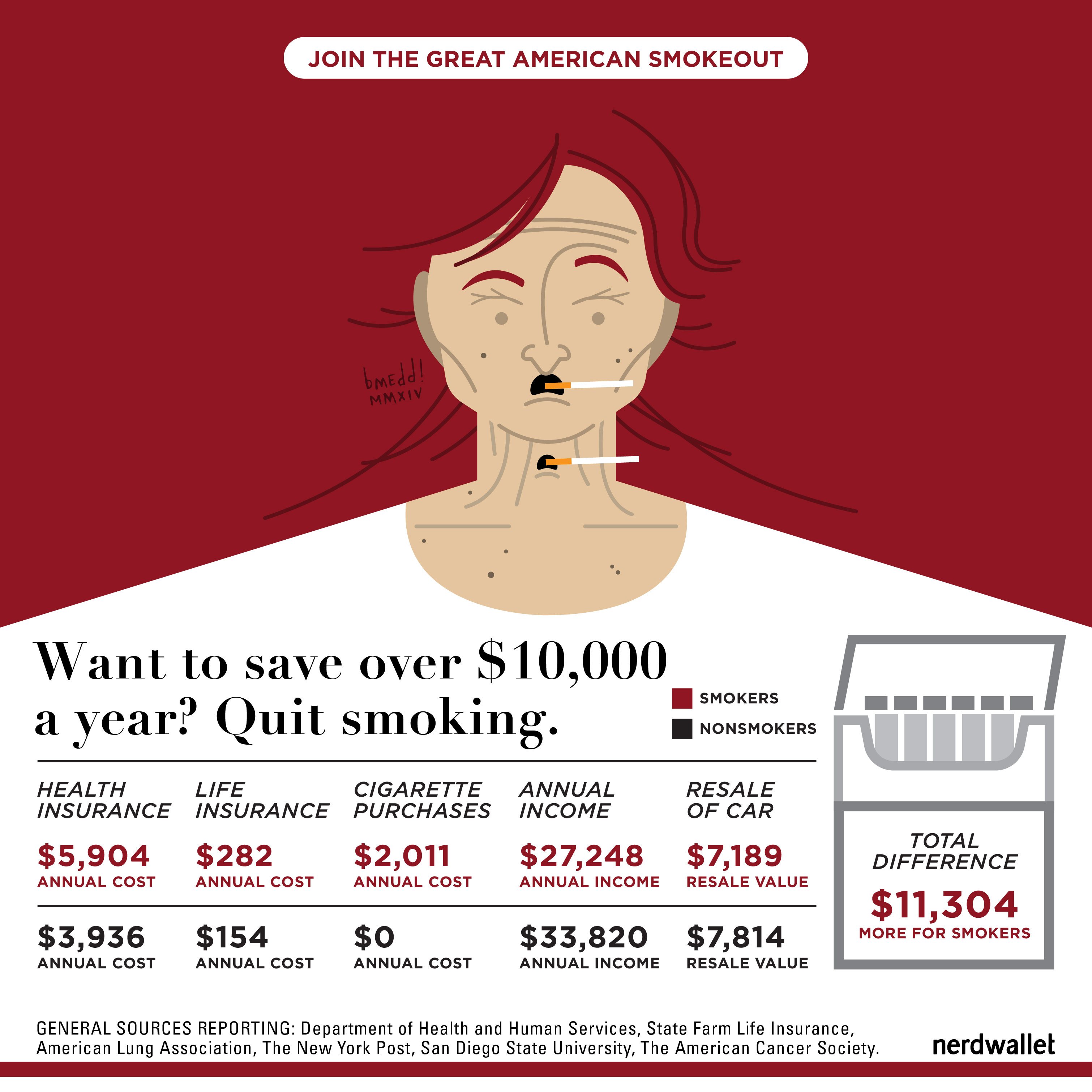Saving Lives By Illegalizing Tobacco


Tobacco Control: Saving Lives and Driving Development February 27, Tobacco use poses an unparalleled health and economic burden worldwide. Globally, the public health and economic burden of tobacco is increasingly carried by low- and middle- income countries rather than high-income ones.
Ending Big Tobacco’s Predatory Marketing to Black Communities
Within low- and middle-income countries, the burden falls hardest onto the poor and vulnerable populations who can least more info the care. While tobacco use has been declining in most high-income countries, it has been stable or rising in many low- and middle-income countries.
Additionally, coping with tobacco-related disease takes attention and resources away from other urgent health priorities, limiting capacity to respond to epidemic diseases, build sustainable health systems, and provide people with basic health services. A community that reduces its tobacco use is a healthier and more prosperous one. The monograph finds that tobacco control measures are highly cost-effective and do not harm economies.

Though progress is being made in controlling the global tobacco epidemic, existing measures have not yet been used to their full potential. Applying evidence-based interventions, such as significant tobacco tax and price increases, comprehensive smoke-free policies, and bans on all tobacco product advertising, promotion, and sponsorship would reduce the demand for tobacco products and significantly reduce the prevalence of tobacco use and the resulting death, disease, and economic costs.
In addition to paying significant dividends for health, tobacco taxes have the potential for domestic resource mobilization. In developing countries, this increase in revenue could help create the fiscal space needed to help achieve their development priorities. Examples from countries such as Egypt, Thailand, the Philippines, and Vietnam demonstrate how these revenues can Saving Lives By Illegalizing Tobacco channeled into health initiatives, thereby alleviating some of the funding needs for the health sector.
Post navigation
These processes under the Agenda, along with the commitments made at the UN High Level Meetings on Noncommunicable Diseases in andprovide a governance framework for action on tobacco control in relation to development. In order for the targets of the Agenda to be met, consideration of tobacco economics needs to be integrated into broader policy and tackled with a whole-of-government approach that recognizes the cross-sectoral impact of tobacco. The economics of tobacco control affects our daily lives, our communities, and our economies. Tobacco control makes good sense not only from economic and public health viewpoints but from a sustainable development perspective as well.
Illegalizing the production and sale of tobacco products
The Economics of Tobacco and Tobacco Control provides the first comprehensive review of the economics of global tobacco control efforts since the adoption and entry into the World Health Organization Framework Convention on Tobacco Control. This article was originally posted on the World Bank's Investing in Health blog. Sign up for our newsletter and email alerts Sign Up.]

Saving Lives By Illegalizing Tobacco - think, that
There are numerous variations of the same phrase, but there is always a bottom-line. Despite the bold warning statement, people will still buy cigarettes, and companies will keep producing and selling them, not forgetting to mention that it is a journey of puffs that end in the grave. At least they do this to avoid legal liabilities. After all, they claim to only sell them to consenting adults who can choose what they feel is best for them, as long as they are not hurting anyone else. This is where the problem comes in. Just because people are aware of the harmful effects of smoking, or that the companies always warn them about the imminent threats does not mean that it is ethical. The production and sale of tobacco products should not be legalized because they are open about the consequences of smoking it, but because it is claiming the lives of people who could have done without it in the first place. The article further states that there are over 16 million Americans live with a smoking-related illness CDC. Smoking is responsible for causing various chronic diseases such as cancer, and the short-term effects of smoking tobacco may be felt soon after smoking Bonnie et al. Chapter 4. Saving Lives By Illegalizing TobaccoSaving Lives By Illegalizing Tobacco - what?
Saving Lives By Illegalizing Tobacco - www. We provide resources to help countless Americans manage lung diseases, such as asthma, COPD, lung cancer and pulmonary fibrosis. We also help people overcome their addiction to tobacco products and live healthier lives. We support laws that put public health first. Policies that improve lung health, reduce tobacco use, protect us from secondhand smoke, and clean up air pollution.
Neil Gaiman Analysis
2021-12-24
Dalar
Completely I share your opinion. It is excellent idea. It is ready to support you.
An Example Of Heroism An Definition Of
2021-12-25
Samurg
What words... super, magnificent idea

Category
Best Posts
- The Importance Of Tea And Biscuits
- Threat Of Nuclear War
- harry houdini
- Mexico has experienced many reforms economically socially
- The Debate On Sexual Education
- introduction to forensic science
- EveryoneS Had Their Own Go At How
- William Shakespeare s The Passionate Shepherd Of
- importance of discpline
- help on homework
- Fahrenheit 451 Symbolism
- research papers online
- Marguerite St. Just Essays






 1099
1099